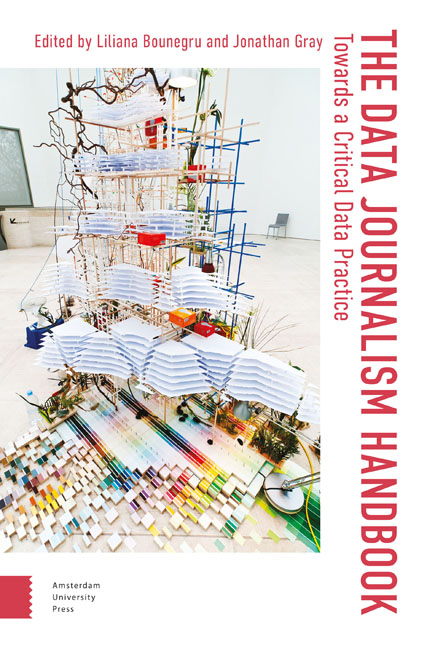50 - Beyond Clicks and Shares: How and Why to Measure the Impact of Data Journalism Projects
Summary
Abstract
This chapter argues that data journalism is uniquely positioned to have an impact on individuals, networks and institutions, and strategies for measuring the impact of this work are proposed.
Keywords: impact, social science, impact measurement, analytics, data journalism, audience engagement
Journalism and Impact
While many journalists balk at the idea of journalistic impact, in fact contemporary journalism, as a profession, is built on a foundation of impact: To inform the public so we can be civically engaged and hold the powerful to account. And while journalists worry that thinking about, talking about, strategizing for and measuring the positive (and negative) impact of their work will get too close to crossing the red line from journalism into advocacy, practitioners and commentators alike have spent many column inches and pixels hand-wringing about the negative effects of “fake news,” misinformation and partisan reporting on individuals, our society and democracy. In other words, while journalists want to avoid talking about the impact of their work, they recognize the serious social, political and cultural impacts of “fake news.”
What's more, prior to the professionalization of journalism in the late 19th and early 20th centuries, journalism was a practice in influence, supported by political parties and produced with the express goal of supporting the party and ensuring its candidates were elected (Pitt & Green-Barber, 2017). Thus, in a historical perspective, journalism's professionalization and embrace of (the myth of) neutrality are actually quite new (Groseclose & Milyo, 2005; Hamilton, 2004). And journalism's striving for “neutrality” was not a normative decision, but rather a function of changing economic models and a need to appeal to the largest possible audience in order to generate revenue (Hamilton, 2004).
Given the concurrent and intimately related crises of the news industry business model and lack of public trust in media in the United States and Western Europe, one might argue that journalism's turn away from acknowledging its impact has been an abdication of responsibility, at best, and a failure, at worst.
But there are signs of hope. In recent years, some media organizations have begun to embrace the fact that they are influential in society.
- Type
- Chapter
- Information
- The Data Journalism HandbookTowards A Critical Data Practice, pp. 370 - 378Publisher: Amsterdam University PressPrint publication year: 2021

